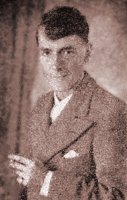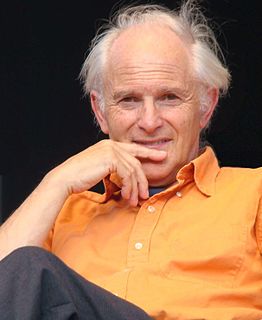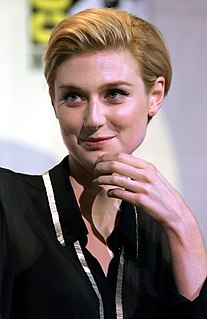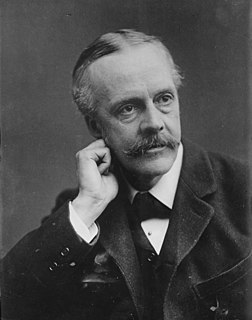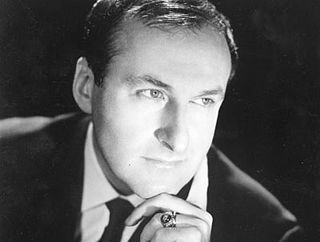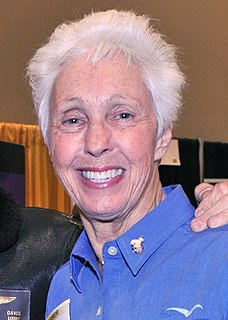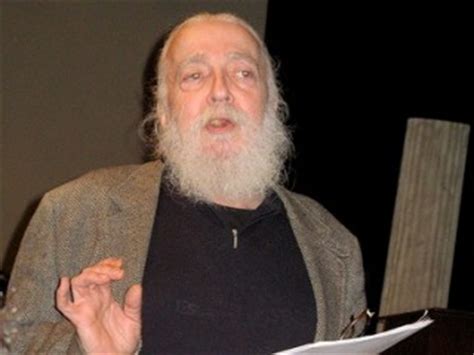Top 1200 Physical Science Quotes & Sayings - Page 5
Explore popular Physical Science quotes.
Last updated on April 23, 2025.
When we say we have patterns, there is a cyclical movement to everything. Our psychological and emotional processes also have become cyclical largely because of a very strong attachment and involvement with physical process, and physical process has to be cyclical; only then we exist. Without out cyclical movement there'll be no physical existence.
Instruction in academia did not emphasize what I thought of as essential points. I was interested in the broad range of interrelated connections within the physical sciences, but formal studies isolated each branch of science.” I feel that I have advantages greater than Da Vinci’s such as access to more information, materials, and methods.
Our science fails to recognize those special properties of life that make it fundamental to material reality. This view of the world - biocentrism - revolves around the way a subjective experience, which we call consciousness, relates to a physical process. It is a vast mystery and one that I have pursued my entire life.
Geneticists believe that anthropologists have decided what a race is. Ethnologists assume that their classifications embody principles which genetic science has proved correct. Politicians believe that their prejudices have the sanction of genetic laws and the findings of physical anthropology to sustain them.
All my mind was centered on my studies, which, especially at the beginning, were difficult. In fact, I was insufficiently prepared to follow the physical science course at the Sorbonne, for, despite all my efforts, I had not succeeded in acquiring in Poland a preparation as complete as that of the French students following the same course.
Just to the extent that the Bible was appealed to in matters of science, science was retarded; and just to the extent that science has been appealed to in matters of religion, religion has advanced - so that now the object of intelligent religionists is to adopt a creed that will bear the test and criticism of science.
The values of science and the values of democracy are concordant, in many cases indistinguishable. Science and democracy began - in their civilized incarnations - in the same time and place, Greece in the seventh and sixth centuries B.C. . . . Science thrives on, indeed requires, the free exchange of ideas; its values are antithetical to secrecy. Science holds to no special vantage points or privileged positions. Both science and democracy encourage unconventional opinions and vigorous debate. Both demand adequate reason, coherent argument, rigorous standards of evidence and honesty.
Science is based solely on doubt-based, disinterested examination of the natural and physical world. It is entirely independent of personal belief. There is a very important, fundamental concomitant - that is to accept absolutely nothing whatsoever, for which there is no evidence, as having any fundamental validity.
The Genealogical Science is a wonderful account of how old-fashioned race science has come to be re-defined by resort to the most recent developments in genetics. But this book is not simply another story of the ideological uses to which science may be put. Nadia Abu El-Haj has provided the reader with a very detailed analysis of the historical entanglement between science and politics. Her study should be required reading for anyone interested in the sociology of science-and also for those dealing with Middle Eastern nationalisms. This is a work of outstanding value for scholarship.
This example illustrates the differences in the effects which may be produced by research in pure or applied science. A research on the lines of applied science would doubtless have led to improvement and development of the older methods - the research in pure science has given us an entirely new and much more powerful method. In fact, research in applied science leads to reforms, research in pure science leads to revolutions, and revolutions, whether political or industrial, are exceedingly profitable things if you are on the winning side.
Whether this vast homogeneous expanse of isotropic matter is fitted not only to be a medium of physical interaction between distant bodies, and to fulfil other physical functions of which perhaps we have as yet no conception, but also to constitute the material organism of beings exercising functions of life and mind as high or higher than ours are at present is a question far transcending the limits of physical speculation.
A ghost is a human being who has passed out of the physical body, usually in a traumatic state and is not aware usually of his true condition. We are all spirits encased in a physical body. At the time of passing, our spirit body continues into the next dimension. A ghost, on the other hand, due to trauma, is stuck in our physical world and needs to be released to go on.
The progression of physical science is much more connected with your prosperity than is usually imagined. You owe to experimental philosophy some of the most important and peculiar of your advantages. It is not by foreign conquests chiefly that you are become great, but by a conquest of nature in your own country.
When psychical phenomena have been as much investigated as physical, love will also receive its cumatology - that is, its science of waves. We shall follow the curves of the emotions through the ages, their movement of rise and fall, the oppositions and side-influences by which they have been determined.
Economics is a theoretical science and as such abstains from any judgement of value. It is not its task to tell people what ends they should aim at. It is a science of the means to be applied for attainment of ends chosen, not, to be sure, a science of the choosing of ends. Ultimate decisions, the valuations and the choosing of ends, are beyond the scope of any science. Science never tells a man how he should act; it merely shows how a man must act if he wants to attain definite ends.
A thought has no size in the physical sense but is vast as compared to the physical acts and objects into which it is later precipitated. The power of a thought is enormous and superior to all the successive physical acts, objects, and events that body forth its energy. A thought often endures for a time much greater than the whole life of the man who thought it.
Physical separateness can never be overcome by electronics, but only by 'conviviality,' by 'living together' in the most literal physical sense. The physically divided are also the conquered and the controlled. 'True desires' - erotic, gustatory, olfactory, musical, aesthetic, psychic, & spiritual - are best attained in a context of freedom of self and other in physical proximity & mutual aid. Everything else is at best a sort of representation.
Yet things are knowable! They are knowable, because, being from one, things correspond. There is a scale: and the correspondence of heaven to earth, of matter to mind, of the part to the whole, is our guide. As there is a science of stars, called astronomy; and science of quantities, called mathematics; a science of qualities, called chemistry; so there is a science of sciences,--I call it Dialectic,--which is the Intellect discriminating the false and the true.
A great swindle of our time is the assumption that science has made religion obsolete. All science has damaged is the story of Adam and Eve and the story of Jonah and the Whale. Everything else holds up pretty well, particularly lessons about fairness and gentleness. People who find those lessons irrelevant in the twentieth century are simply using science as an excuse for greed and harshness. Science has nothing to do with it, friends.



















